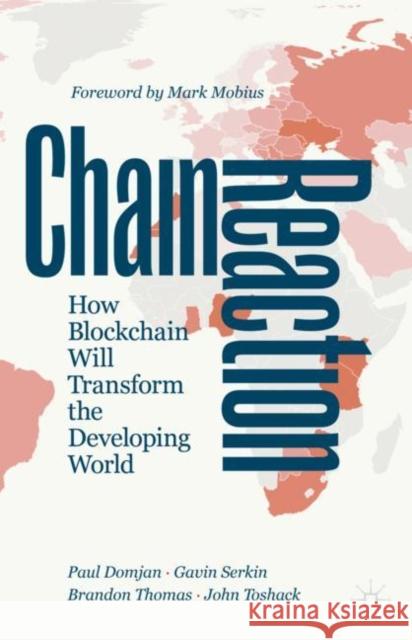Chain Reaction: How Blockchain Will Transform the Developing World » książka
topmenu
Chain Reaction: How Blockchain Will Transform the Developing World
ISBN-13: 9783030517830 / Angielski / Twarda / 2021 / 110 str.
Kategorie:
Kategorie BISAC:
Wydawca:
Palgrave MacMillan
Język:
Angielski
ISBN-13:
9783030517830
Rok wydania:
2021
Wydanie:
2021
Ilość stron:
110
Waga:
0.32 kg
Wymiary:
23.88 x 19.56 x 1.27
Oprawa:
Twarda
Wolumenów:
01











